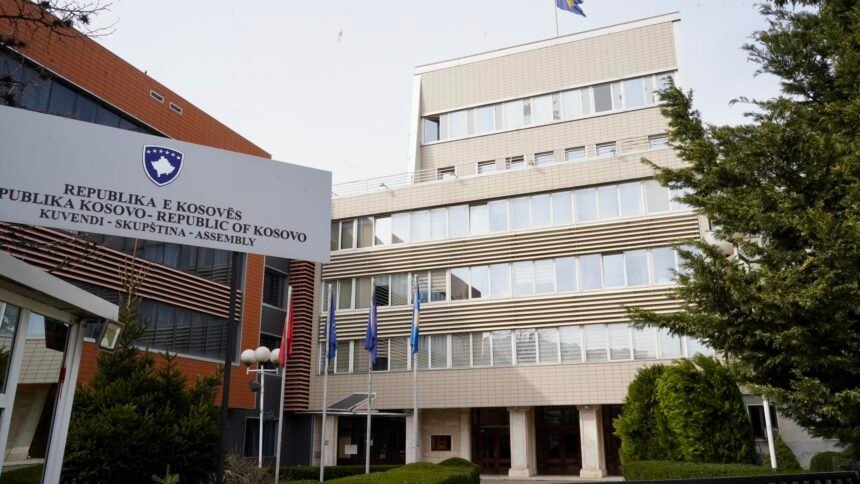The failure to form new institutions in Kosovo – more than three months after the February 9 elections – is costing the country significant setbacks in its European agenda and the financial aid promised by the European Union. Kosovo risks losing the first installment of €61 million from the Western Balkans Growth Plan due to the parliament’s inability to ratify two crucial international agreements.
The Growth Plan, a new EU framework aimed at accelerating the region’s integration, promises Kosovo a total of €882.6 million in EU funds. However, the disbursement of these funds is contingent on the approval of two agreements in the Kosovo Assembly. Without the assembly’s constitution and the formation of new government institutions, these agreements cannot be ratified.
According to Dritëro Arifi, Professor of European Integration, any further delay in the formation of Kosovo’s institutions will have serious political and economic consequences. He highlighted the loss of millions of euros under the EU’s Growth Plan, delays in lifting punitive measures against Kosovo, and the lost opportunity for membership in the Council of Europe.
“Any further delay in the Assembly and government formation moves Kosovo away from the European integration agenda,” said Arifi. “Kosovo was promised nearly 1 billion euros, part of which comes as soft loans and grants, but we are unable to ratify a single agreement to secure the first payment.”
The delay in forming the new institutions and the political polarization in Kosovo is also damaging the country’s international image, according to political analyst Arbnor Sadiku. “Any further delay is detrimental to Kosovo’s interests and plays into Serbia’s hands, who are lobbying against Kosovo’s statehood.”
Kosovo’s political deadlock stems from Vetëvendosje, the winning party in the February elections, failing to secure the necessary 61 votes to elect the speaker of the parliament. Parties such as PDK, LDK, and AAK have voted against the proposed candidate, and Nisma has abstained from voting. Members of the Serb List and Bosniak community MP Duda Balje have also refrained from participating in the vote.







